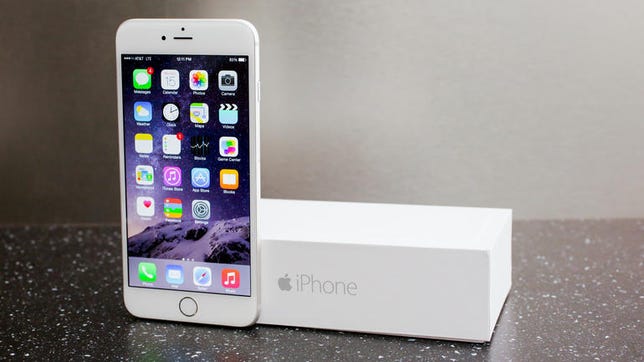
CNET
Though bitter rivals, Apple and Samsung are showing no signs of scrapping their relationship in the mobile chip business, according to a new report.
Samsung, which builds consumer electronics as well as processors, will provide 75 percent of the chips that Apple will need in its next iPhone, South Korea-based Maeil Business Newspaper reported Monday, citing people who claim to have knowledge of the companies’ plans. Samsung will produce the chips, believed to be dubbed A9, at its factory in Austin, Texas, the report says.
Samsung has provided processors for Apple’s smartphones for years. While Apple has said little publicly about this, a steady stream of reports and rumors over the last couple of years suggest that the company dislikes paying a rival for processors and has been looking elsewhere for chip production.
For Apple, the alternatives in chip production are numerous, though seemingly unappealing. Samsung has a wide range of competitors, including GlobalFoundries and Taiwan Semiconductor. So far, however, Apple has been incapable of moving all of its production to other providers. Exactly why the company has been loath to rely heavily on the other firms is unknown.
For Samsung, producing chips for Apple’s iPhone is a financial boon. With every device that Apple orders, Samsung gets a piece of the action, effectively generating revenue not only on its own Galaxy smartphones but also on iPhones themselves.
The amount of money Samsung can generate off the iPhone is not negligible. According to research firm IHS Technology, Apple spent $30.3 billion on processors for all of its products in 2013. While the iPhone is just a piece of that total figure, it’s a sizable one. In September, IHS said that Apple pays $20 per unit for processors built into its iPhone 6 and iPhone 6 Plus, with costs slightly cheaper on older models for legacy chips. In its fiscal fourth quarter that ended in September, Apple sold 39.3 million iPhones, including the iPhone 6 and 6 Plus.
While Samsung was the leading processor maker in the iPhone 6, Taiwan Semiconductor has also produced chips for Apple’s smartphones. It’s unknown whether that arrangement will continue with the next iPhone.
Apple and Samsung have been archrivals in the mobile business for the last several years. The companies are the two most popular smartphone makers worldwide and, in the fourth quarter, combined to control over three-quarters of the US market. Samsung and Apple have traded barbs over the years — in the media and in the courtroom — particularly over alleged patent infringement.
One ball still in the air is just when the next iPhone might hit store shelves. Considering that the iPhone 6 and iPhone 6 Plus launched in September and that Apple has lately stuck to a fall launch for new smartphones, the rumor mill points to a similar time frame. Production, therefore, likely won’t start for several months.
Neither Apple nor Samsung immediately responded to a request for comment.
(Via Reuters)



